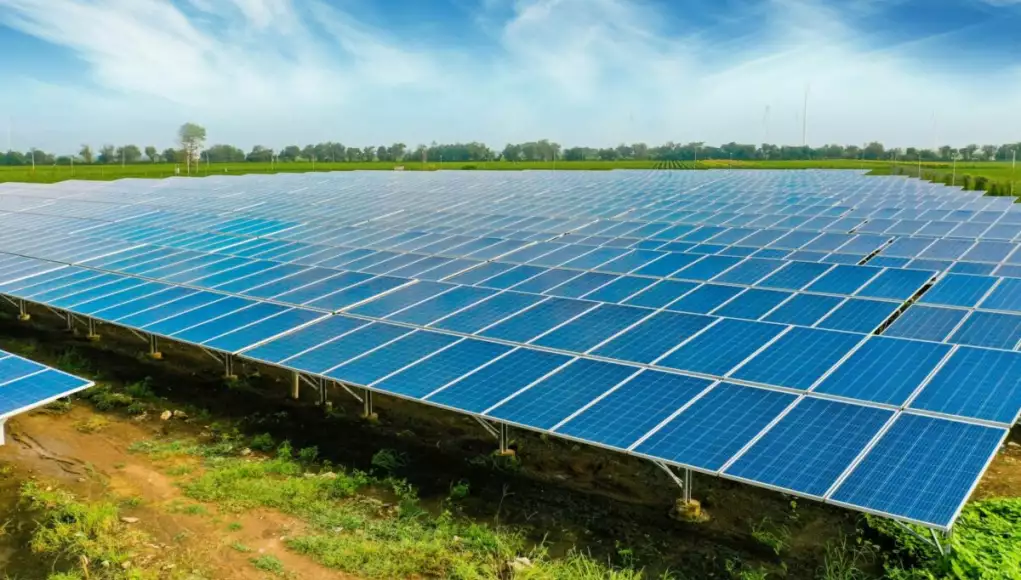Dr Muda Yusuf, the CEO of the Centre for the Promotion of Private Enterprise (CPPE), has advised against outlawing the importation of solar panels into the country.
The Minister of Science and Technology, Mr.Uche Nnaji, had called on the government to ban the importation of solar panels as a measure to promote domestic production.
But reacting to his statement yesterday, Dr. Muda said Nigeria has one of the worst energy accesses with a per capita electricity consumption of about 160 kWh, adding that the adoption of solar energy solutions would enhance energy security.
According to him, the proposed ban on the importation of solar panels would worsen the nation’s energy poverty.
He stated: “The Centre for the Promotion of Private Enterprise [CPPE] is concerned about the statement credited to the Minister of Science and Technology, Mr.Uche Nnaji, about the government’s plan to ban the importation of solar panels as a measure to promote domestic production of the panels.
He said, “Currently, Nigeria has one of the worst energy accesses with a per capita electricity consumption of about 160 kWh, far below the sub-Saharan average of 350 kWh.
“The adoption of solar energy solutions is one of the most impactful government initiatives to tackle this problem, and it has gained remarkable traction. A ban on the importation of solar panels in the face of glaringly inadequate domestic production capacity would worsen the country’s energy crisis.
“It is a complete negation of the government policy to deepen and promote the adoption of renewable energy solutions by households, small businesses, rural communities, government institutions, and other corporate organisations. This adoption of solar solutions has gained impressive momentum in the last two years, especially in light of the soaring energy cost in the economy.
“It would worsen the problem of energy access as it would make the cost of solar energy solutions prohibitive, putting it beyond the average Nigerian.
“The welfare cost of a ban on the importation of solar panels would be incredibly high as a result of the escalation in the cost of acquiring solar solutions. It is bad enough that the current cost of acquisition of solar energy solutions is quite exorbitant. What is desirable at this time is to seek ways to drive affordability rather than escalate costs.”










